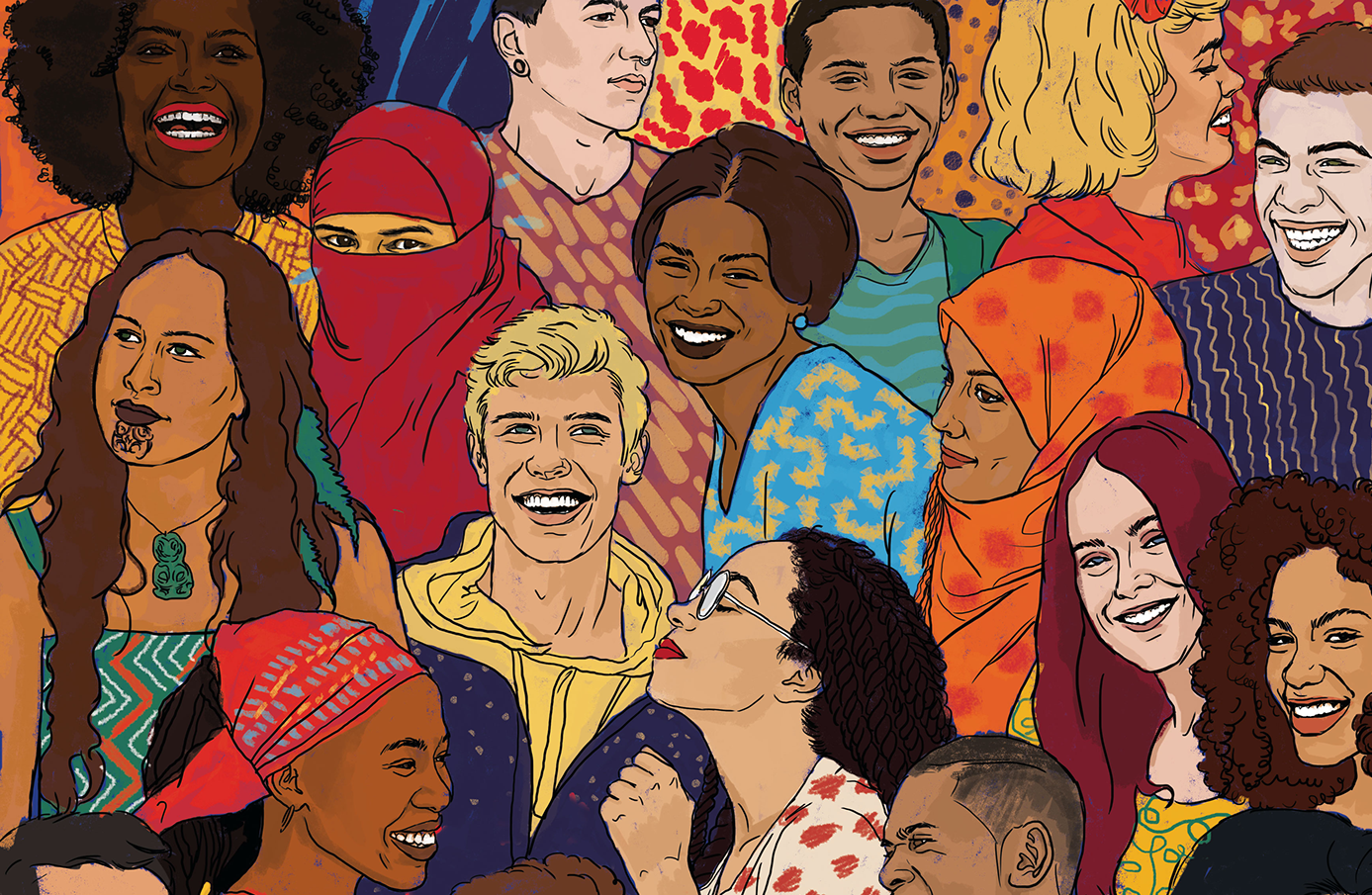The first thing that struck me when I met people from other cultures of the world for the first time was that morality or morals is a societal construct. That is, morality, the system of values and principles of conduct distinguishing between right and wrong is whatever a group of people or a community define it to be for them. It does not necessarily have to be applicable to another community. In essence, morality, and by extension rightness or wrongness, is not universal.

Take cigarette smoking for instance. In a typical Nigerian home, smoking is synonymous with immorality, a habit characteristic of street urchins. This notion is so deeply entrenched in many that even as adults, the mere smell of cigarette smoke causes a subconscious recoil, not necessarily for health reasons, but mainly as an aversion to a bad habit. That is how strong the repulsion to smoking is.

But one day when I was in university, I attended confession in a Catholic center and met the confessor, a white priest, smoking while listening to confessions. He held a cigarette stick in one hand, puffing at it intermittently, and a rosary in the other hand while I said my confessions. Nothing appeared wrong with this scenario. On the contrary, it felt natural. But I wondered it I would feel the same way if it were a black priest. Probably not. Would people attend a church where the pastor smokes in church? Probably not.
Years later I realized that smoking is to the white man, what kola nut is to an Igbo man. There is no iota of attribution of smoking to immorality in the western world. The old, the young, the rich, and the poor alike, smoke. Teenagers smoke with their parents at home. There are smoking breaks at work as well as smoking-reserved areas, even in hospitals. Literally, smoking is like buying a bubble gum and sticking it in your mouth. So why is smoking seen as a bad habit in Nigeria but not in America? Because society said so!

If you smoke marijuana in Nigeria, you could be disowned by your parents. In the Netherlands, there are public cafes where you can buy marijuana, sit with your friends and smoke it in broad day light. In the Caribbeans, it’s probably same as ordering a pizza.
You can’t get a tattoo or an ear piercing in Nigeria and expect to sleep in the same house with your parents. Abomination! In Western countries, pastors, doctors, politicians etc have tattoos and wear earrings and it’s cool. Imagine a Deeper Lifer’s reaction when she walks into a Nigerian clinic and meets a doctor wearing an earring.

Those days in first year at St Peters Nsukka, you dare not near the church environs without being ‘properly’ dressed. As a guy, you won’t be allowed into the church putting on a ‘three-quarters’, and as a lady you’ll be walked out if you’re on trousers, or any top that shows your upper arms, back or chest. In some countries, what people wear to church, bouncers in Nigeria wont even allow you into a night club on them.
I pondered on these things and concluded that in fact morality is not universal, rather it is a construct of society. It is bounded by cultures and individual societies define their own set of morals. But this leads to another question, if morality is not universal, what about final judgement (for the religious who believe in the end time and judgement day)? Would this also be bounded by cultural or societal boundaries? Will judgement be contextualized? Will an American be judged in the same context as a Nigerian?
One would argue that immorality is not the same as sin. But the line between both is thin. Is it sinful to smoke cigarette? Probably not. But is it sinful to dress indecently to church? Probably yes depending on the definition of indecent (which cultures define).
In reflecting on this question, I always fall back to the saying of St John of the Cross, that at the evening of life, we shall all be judged on our love. I think in life, we are too preoccupied with impertinent things. We are caged by too many mundane dos and donts, most of them unnecessary. At the end, what matters may just be the simple things we neglect like being punctual to work or smiling at your neighbor.

